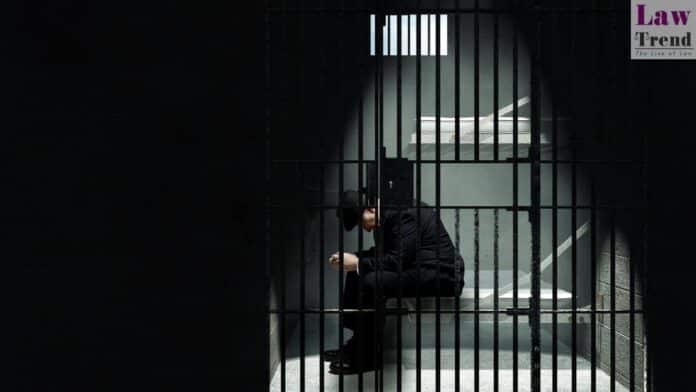The Delhi High Court has asked the state government and jail authorities to file a report on why the facility of e-mulakat should not be extended to all prisoners whose relatives stay outside the national capital.
Through the e-mulakat or e-meeting system, a family member of a prisoner can talk to them through video call after registering themselves on the official website and getting permission from the authorities concerned.
The high court noted that the relatives have to come to Delhi from their native places to meet inmates in jail.
“The respondents are also directed to file a status report as to why the facility of e-mulakat (virtual meeting) should not extended to all the similarly situated prisoners whose relatives do not stay in Delhi and for the purpose of mulakat they have to come to Delhi from their native places,” Justice Subramonium Prasad said.
The court’s order came while hearing a plea by a prisoner, lodged in Tihar Jail seeking a direction to the Delhi government and the Director General of Prisons to allow him to have two e-mulakat every week with his family or friends so that he could take care of his mother who is critically ill and bed-ridden and to maintain his social ties.
The prisoner also sought permission to have five minutes of tele-calling every day while relying on an order passed in Pinjra Tod activist Natasha Narwal’s case.
The plea said that the petitioner had already given a representation to authorities in May stating that he only has his wife and mother in the family and they both are ill and stay outside Delhi and, therefore, he be given the benefit of e-mulakat.
The state’s counsel submitted that the representation shall be decided within three weeks.
The high court listed the matter for further hearing on November 29.




